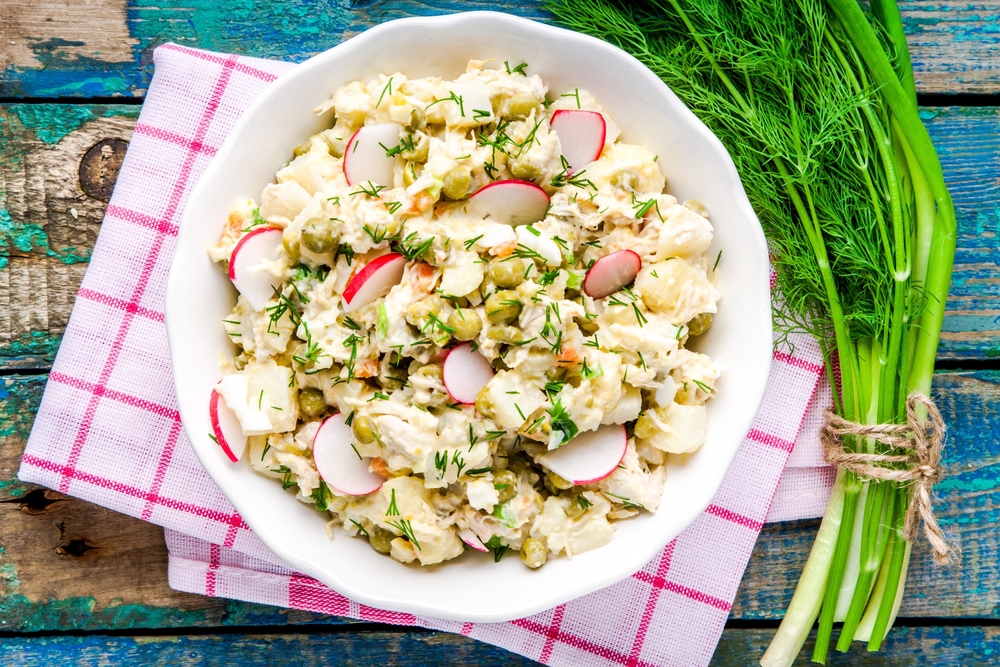The picnics and barbecues that come along with summer means more chances of contracting foodborne illnesses from a lack of summer food safety.
Letting certain foods sit in the sun can lead to food poisoning risks if they aren’t prepared and stored correctly. We’ll tell you how to prevent foodborne illnesses from ruining your day out with some expert food safety advice for the summer.
Be mindful of temperatures
While foods like potato salad immediately get the stink-eye due to sun-sensitive ingredients like mayonnaise, problems rarely come from foods alone explains Ben Chapman, a food safety researcher at North Carolina State University.

Along with the food, bacteria only becomes a problem when other salad ingredients, poor hygiene, and poor temperature control come into play.
“For example, above 30 degree C, foodborne pathogens in potato salad increase tenfold in as quickly as an hour,” Chapman says. “In ideal temperatures for bacteria, such as body temperature, bacterial populations can double in less than 20 minutes.”
If in doubt, use store-bought mayonnaise
Okay, back to defending mayonnaise. It really doesn’t cause as many foodborne illness nowadays, as most people opt for store-bought rather than homemade.
“Commercially produced mayonnaise is acidified to reduce spoilage and kill off human pathogens,” Chapman says. “It’s really low risk on its own.”
If you do decide to make your own mayo though, heed Chapman’s advice: “Pick a recipe that uses pasteurized egg products and incorporates acid — such as vinegar or lemon juice — to reduce risk. And refrigeration is still incredibly important, as recipes may not incorporate enough acid to address risks.”
Related: Popular Foods You Shouldn’t Prepare at Home
Fruit and veggies can be risky, too
While you’re busy focusing on meat, seafood, eggs, and poultry food safety, the same types of viruses and bacteria can be present on produce.
“Fresh fruits and vegetables are responsible for more outbreaks of foodborne illness than any other type of food; they’ve been linked to 46 percent of foodborne illnesses between 1998 and 2008,” says Chapman.
To avoid any problems, we recommend washing fruit and vegetables diligently. Be sure to wash your own hands too, and avoid using the same cutting board for meats and fresh produce.
Photo Credit: Jon Beard/Shutterstock.com; Ekaterina Kondratova/Shutterstock.com











